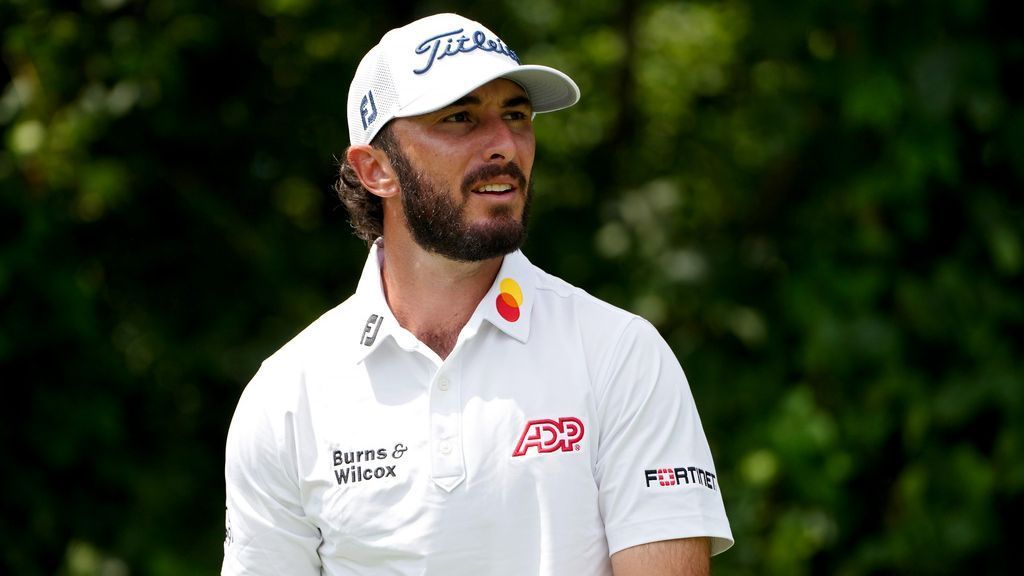The Cubs missed the postseason for the fourth consecutive season. Chicago completed 83-79 for a second straight yr. That’s a irritating final result in a down NL Central — particularly since Chicago added round $30MM to its Opening Day payroll relative to 2023, per Cot’s Baseball Contracts.
Proprietor Tom Ricketts spoke with Meghan Montemurro of the Chicago Tribune in regards to the group’s payroll outlook. Ricketts confirmed that the Cubs narrowly exceeded the $237MM base aggressive steadiness tax threshold — as president of baseball operations Jed Hoyer recommended they might in August. Like most homeowners, Ricketts didn’t present a transparent reply as as to if he’d be prepared to pay the tax for a second straight yr.
“The penalties on CBT, they develop over time and so that you wish to watch out if you do it,” Ricketts stated. “And so if there’s ever some level sooner or later the place there’s a big monetary dedication you wish to make midseason, it’s a must to be considerate about it.” Ricketts is referencing the escalating penalties for groups that pay the tax in consecutive seasons. The Cubs stayed under the CBT threshold in 2023, so that they’re first-time payors this yr. That’ll topic them to a 20% tax on their first $20MM in overages. Cot’s estimates that they had been solely about $300K over the road, so the precise tax fee (roughly $55K) is kind of a rounding error for an MLB group.
Paying in any respect means the Cubs can be taxed at a 30% price for his or her first $20MM in overages in the event that they surpass the edge subsequent season. That jumps to 42% for the subsequent $20MM and comes with increased penalties (75% and 90%) for the respective $20MM after that. The penalties would improve if the Cubs paid the tax for a 3rd straight yr.
The CBT additionally consists of increased penalties for groups that lose or add a free agent who declined a qualifying supply. The Cubs don’t have any impending free brokers who’ll get a QO. In the event that they signed a certified free agent, they’d forfeit their second- and fifth-highest picks within the 2025 draft and $1MM in worldwide bonus pool area.
Subsequent yr’s base threshold climbs to $241MM. Cot’s initiatives the Cubs round $150MM in CBT obligations. That assumes Cody Bellinger is not going to choose out of the ultimate two seasons on his contract however doesn’t embrace arbitration projections. MLBTR contributor Matt Swartz initiatives your entire arbitration class to price round $33MM in the event that they had been all tendered contracts. Transferring on from some or all of Patrick Knowledge, Yency Almonte, Christian Bethancourt, Julian Merryweather, Nick Madrigal, Trey Wingenter, Jimmy Herget and Colten Brewer may knock that all the way down to the $20MM vary.
That’d depart roughly $70MM earlier than the bottom threshold, so there’s loads of payroll room earlier than the tax turns into a priority. Ricketts’ word in regards to the potential for midseason acquisitions may level to a desire to remain under the tax line in the course of the offseason. A group’s CBT quantity isn’t calculated till the top of the season. Wage acquired in midseason pickups counts on a prorated foundation within the calculation.
Allocating these sources will likely be at Hoyer’s discretion. The entrance workplace chief is getting into the ultimate season of the five-year extension that he signed in 2020. Chicago continues to be looking for its first playoff look since Theo Epstein turned the reins to Hoyer after the ’20 season.
It’s comparatively widespread for groups to signal executives and coaches to extensions earlier than the ultimate yr of their deal, thereby stopping from working in a lame duck scenario. Ricketts sidestepped a query relating to a possible Hoyer extension. “He’s underneath contract, that’s the best way I see it,” the proprietor advised Montemurro. “I believe he’s motivated. … I believe Jed’s going to have an ideal offseason and put us again within the playoffs subsequent yr.”


















